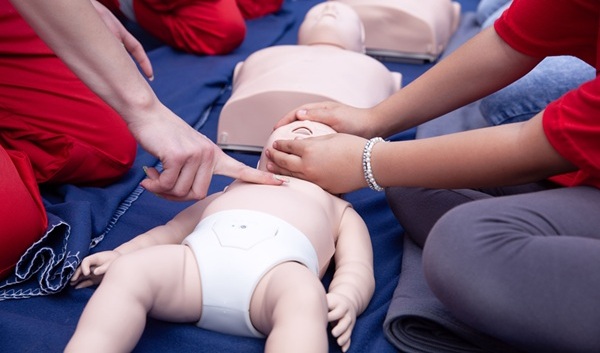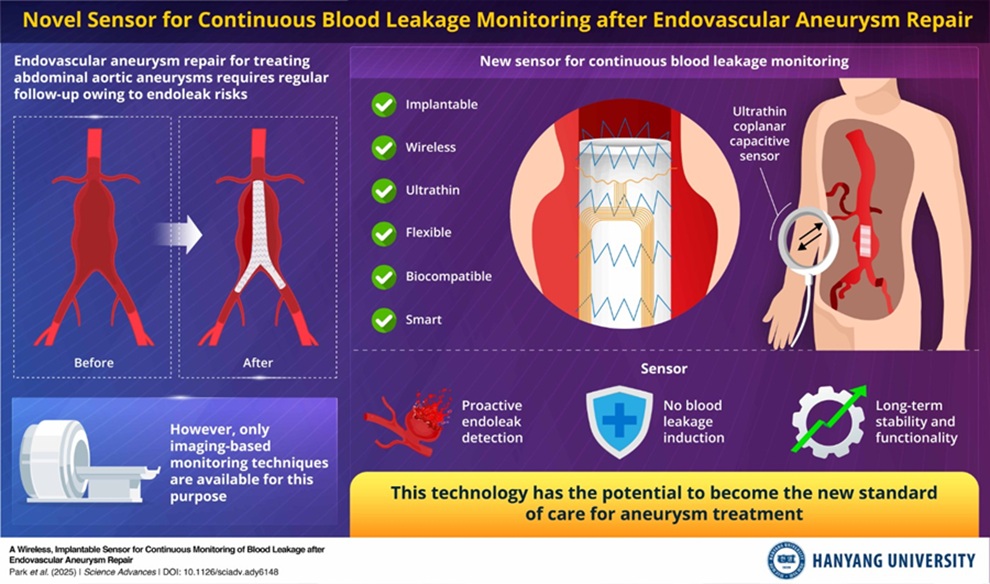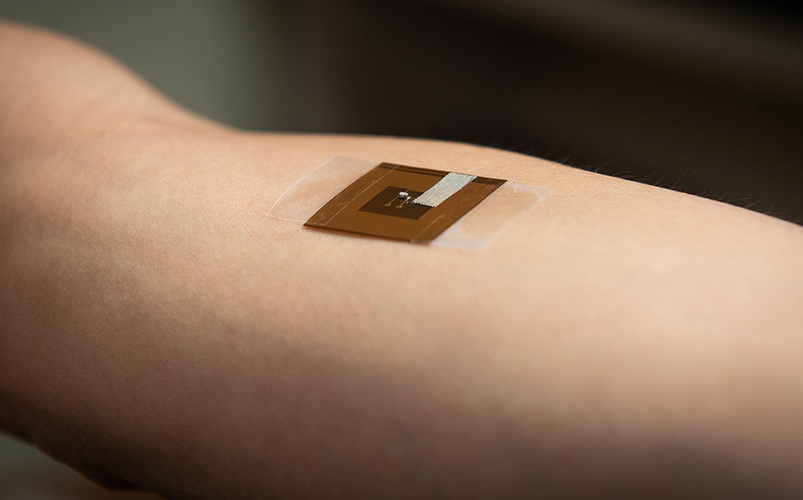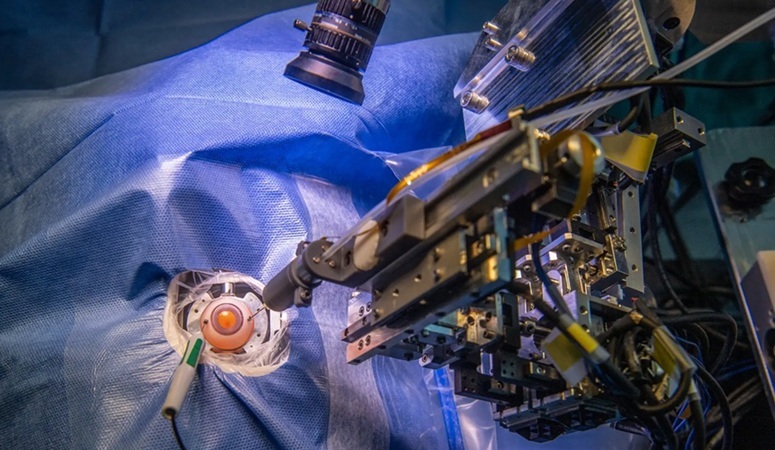Medtronic Acquires Cardiocom Integrated Telehealth Provider
|
By HospiMedica International staff writers Posted on 19 Aug 2013 |
Medtronic (Minneapolis, MN, USA) has acquired Cardiocom (Chanhassen, MN, USA), a maker of remote management technology, strengthening its position in the high-growth market for telehealth products.
The all-cash transaction, valued at USD 200 million, is in line with Medtronic's transition towards an expanded medical device product offering and broader healthcare services and solutions, providing meaningful clinical and economic value for hospitals, physicians, patients and payers. The first area of focus for Medtronic will be in heart failure (HF), where the addition of the Cardiocom technology and patient services to its product offerings will expand its reach to more patients across the HF care continuum. Cardiocom also has products for the management of diabetes, cardiovascular disease, and hypertension.
For Medtronic, a company with a lot of investment in the high cost and shrinking-demand market for cardiac rhythm management (CRM) devices, the entrance into patient monitoring is a bid for diversification, helping the company combine diagnostics, therapies, and patient management technologies reporting real-time data back to physicians and nurses. Medtronic has stated that at-home monitoring is a proven method of reducing the rates of hospital readmission, with resulting savings for payers, providers, and governments.
“With broad healthcare reform initiatives focused on growing economic challenges, healthcare systems in every region of the world are striving to continuously improve outcomes, increase access, save cost, and improve the efficiency of healthcare delivery,” said Omar Ishrak, chairman and CEO of Medtronic. “The acquisition of Cardiocom is one step we are taking toward providing a combination of products and solutions that can help address those challenges.”
“The synergy between our technologies and Medtronic's large presence with hospitals, physicians, and payers will dramatically increase our distribution channels for the Cardiocom patient management technologies and services,” said Daniel Cosentino, vice president and general manager of Cardiocom at Medtronic, and former CEO of Cardiocom. “Our approach to care coordination and telehealth services has allowed customers to reduce the overall cost of care, primarily through reduced hospitalizations.”
Related Links:
Medtronic
Cardiocom
The all-cash transaction, valued at USD 200 million, is in line with Medtronic's transition towards an expanded medical device product offering and broader healthcare services and solutions, providing meaningful clinical and economic value for hospitals, physicians, patients and payers. The first area of focus for Medtronic will be in heart failure (HF), where the addition of the Cardiocom technology and patient services to its product offerings will expand its reach to more patients across the HF care continuum. Cardiocom also has products for the management of diabetes, cardiovascular disease, and hypertension.
For Medtronic, a company with a lot of investment in the high cost and shrinking-demand market for cardiac rhythm management (CRM) devices, the entrance into patient monitoring is a bid for diversification, helping the company combine diagnostics, therapies, and patient management technologies reporting real-time data back to physicians and nurses. Medtronic has stated that at-home monitoring is a proven method of reducing the rates of hospital readmission, with resulting savings for payers, providers, and governments.
“With broad healthcare reform initiatives focused on growing economic challenges, healthcare systems in every region of the world are striving to continuously improve outcomes, increase access, save cost, and improve the efficiency of healthcare delivery,” said Omar Ishrak, chairman and CEO of Medtronic. “The acquisition of Cardiocom is one step we are taking toward providing a combination of products and solutions that can help address those challenges.”
“The synergy between our technologies and Medtronic's large presence with hospitals, physicians, and payers will dramatically increase our distribution channels for the Cardiocom patient management technologies and services,” said Daniel Cosentino, vice president and general manager of Cardiocom at Medtronic, and former CEO of Cardiocom. “Our approach to care coordination and telehealth services has allowed customers to reduce the overall cost of care, primarily through reduced hospitalizations.”
Related Links:
Medtronic
Cardiocom
Latest Business News
- Philips and Masimo Partner to Advance Patient Monitoring Measurement Technologies
- B. Braun Acquires Digital Microsurgery Company True Digital Surgery
- CMEF 2025 to Promote Holistic and High-Quality Development of Medical and Health Industry
- Bayer and Broad Institute Extend Research Collaboration to Develop New Cardiovascular Therapies
- Medtronic Partners with Corsano to Expand Acute Care & Monitoring Portfolio in Europe
- Expanded Collaboration to Transform OR Technology Through AI and Automation
- Becton Dickinson to Spin Out Biosciences and Diagnostic Solutions Business
- Boston Scientific Acquires Medical Device Company SoniVie
- 2026 World Hospital Congress to be Held in Seoul
- Teleflex to Acquire BIOTRONIK’s Vascular Intervention Business
- Philips and Mass General Brigham Collaborate on Improving Patient Care with Live AI-Powered Insights
- Arab Health 2025 Celebrates Landmark 50th Edition
- Boston Scientific Acquires Medical Device Company Intera Oncology
- MEDICA 2024 to Highlight Hot Topics of MedTech Industry
- Start-Ups To Once Again Play Starring Role at MEDICA 2024
- Boston Scientific to Acquire AFib Ablation Company Cortex
Channels
Critical Care
view channel
CPR Guidelines Updated for Pediatric and Neonatal Emergency Care and Resuscitation
Cardiac arrest in infants and children remains a leading cause of pediatric emergencies, with more than 7,000 out-of-hospital and 20,000 in-hospital cardiac arrests occurring annually in the United States.... Read more
Ingestible Capsule Monitors Intestinal Inflammation
Acute mesenteric ischemia—a life-threatening condition caused by blocked blood flow to the intestines—remains difficult to diagnose early because its symptoms often mimic common digestive problems.... Read more
Wireless Implantable Sensor Enables Continuous Endoleak Monitoring
Endovascular aneurysm repair (EVAR) is a life-saving, minimally invasive treatment for abdominal aortic aneurysms—balloon-like bulges in the aorta that can rupture with fatal consequences.... Read more
Wearable Patch for Early Skin Cancer Detection to Reduce Unnecessary Biopsies
Skin cancer remains one of the most dangerous and common cancers worldwide, with early detection crucial for improving survival rates. Traditional diagnostic methods—visual inspections, imaging, and biopsies—can... Read moreSurgical Techniques
view channel
Robotic Assistant Delivers Ultra-Precision Injections with Rapid Setup Times
Age-related macular degeneration (AMD) is a leading cause of blindness worldwide, affecting nearly 200 million people, a figure expected to rise to 280 million by 2040. Current treatment involves doctors... Read more
Minimally Invasive Endoscopic Surgery Improves Severe Stroke Outcomes
Intracerebral hemorrhage, a type of stroke caused by bleeding deep within the brain, remains one of the most challenging neurological emergencies to treat. Accounting for about 15% of all strokes, it carries... Read morePatient Care
view channel
Revolutionary Automatic IV-Line Flushing Device to Enhance Infusion Care
More than 80% of in-hospital patients receive intravenous (IV) therapy. Every dose of IV medicine delivered in a small volume (<250 mL) infusion bag should be followed by subsequent flushing to ensure... Read more
VR Training Tool Combats Contamination of Portable Medical Equipment
Healthcare-associated infections (HAIs) impact one in every 31 patients, cause nearly 100,000 deaths each year, and cost USD 28.4 billion in direct medical expenses. Notably, up to 75% of these infections... Read more
Portable Biosensor Platform to Reduce Hospital-Acquired Infections
Approximately 4 million patients in the European Union acquire healthcare-associated infections (HAIs) or nosocomial infections each year, with around 37,000 deaths directly resulting from these infections,... Read moreFirst-Of-Its-Kind Portable Germicidal Light Technology Disinfects High-Touch Clinical Surfaces in Seconds
Reducing healthcare-acquired infections (HAIs) remains a pressing issue within global healthcare systems. In the United States alone, 1.7 million patients contract HAIs annually, leading to approximately... Read moreHealth IT
view channel














